Alpha Thalassemia Treatment Cost In India
Unlock Exclusive Discount : Your Gateway to Premium Healthcare with Medsurge India Health Value Card.

Unlock Exclusive Discount : Your Gateway to Premium Healthcare with Medsurge India Health Value Card.

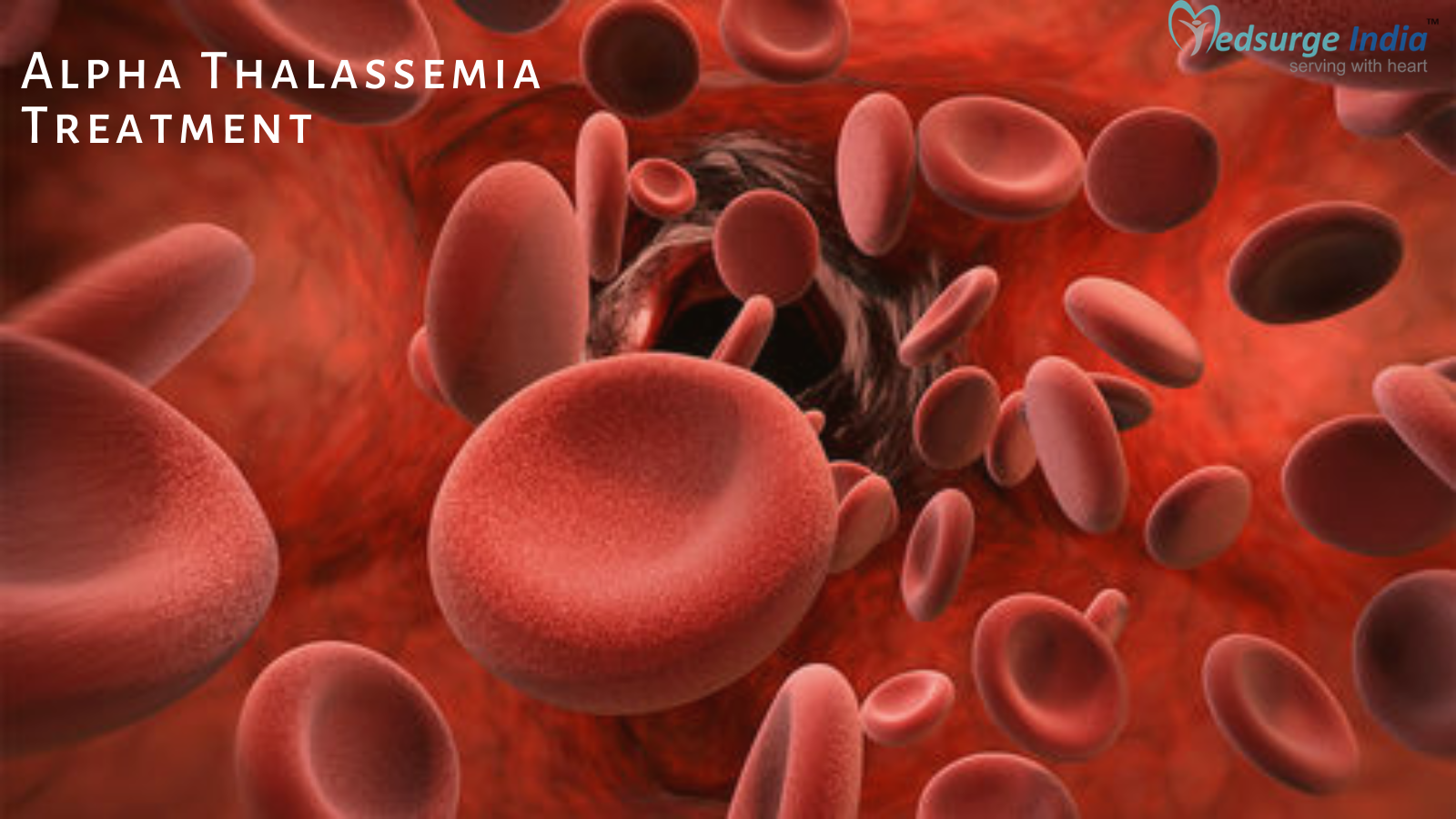
Thalassemia is an inherited blood condition that affects the production of hemoglobin and healthy red blood cells in the body. Alpha and beta thalassemia are two types. Thalassemia can cause anemia-like symptoms that range from mild to severe. Blood transfusions and iron chelation therapy could be employed in alpha thalassemia treatment in India. The best treatment plan for you will be determined by your age, overall health, and medical condition. People with moderate to severe thalassemia require blood transfusions on a regular basis. Another treatment option for people with severe thalassemia is stem cell transplantation.
India is one of the most affordable destinations for multiple treatments. The cost of alpha thalassemia treatment in India is quite low. The cost may also vary depending on other factors such as the number of travelers, the country from which one is traveling, and the number of days spent in India for thalassemia treatment.
Thalassemia is a blood disorder that is passed down through families. It affects your body’s ability to produce normal hemoglobin. Red blood cells contain the protein hemoglobin. It enables your red blood cells to transport oxygen throughout your body, nourishing the cells that need it. When you have thalassemia, your body produces fewer healthy hemoglobin proteins, as well as fewer healthy red blood cells in your bone marrow. Anemia is a condition with fewer red blood cells than normal. Because red blood cells are responsible for delivering oxygen to tissues throughout your body, a lack of healthy red blood cells can deprive your body’s cells of the oxygen they require to produce energy and thrive.
Alpha Thalassemia Major (ATM) is an inherited autosomal recessive disease in which two non-functional alpha globin genes are passed down from each parent to the fetus, resulting in the fertilized embryo losing the function of all four alpha globin genes. Pregnancy is at risk for ATM only if both parents have two non-functioning genes, in which case the fetus has a one in four, or 25%, chance of inheriting both sets of non-functioning genes and having ATM.
There are two types of alpha thalassemia that can lead to serious health issues:
Depending on the type of alpha thalassemia inherited, different people will experience different symptoms. The following are examples of common symptoms of alpha thalassemia:
Some babies develop thalassemia symptoms at birth, while others develop them during the first two years of life. Some people with thalassemia do not have symptoms because they only have one affected hemoglobin gene.
The average Alpha Thalassemia Treatment Cost in India starts from 500 USD to 1000 USD, and for individuals looking for top-notch healthcare at a fraction of the cost paid in many Western nations, India presents a strong alternative. Modern medical facilities, internationally qualified doctors, and reasonably priced treatment alternatives have made India a global center for medical tourism. The nation is home to a large number of specialized Alpha Thalassemia Treatment Centres with cutting-edge equipment and skilled hematologists committed to giving patients complete care.
Thalassemia is caused by DNA mutations in cells that produce hemoglobin, the substance in red blood cells that transports oxygen throughout your body. The mutations that cause thalassemia are passed down from parents to children.
Hemoglobin molecules are made up of alpha and beta chains, which can be altered by mutations. The production of either the alpha or beta chains is reduced in thalassemia, resulting in either alpha-thalassemia or beta-thalassemia.
The severity of thalassemia in alpha-thalassemia is determined by the number of gene mutations inherited from your parents. The more mutated genes you have, the worse your thalassemia will be.
Alpha-thalassemia causes: The alpha hemoglobin chain is produced by four genes. Your parents each give you two. If you receive an inheritance:
It is quite rare to inherit four mutated genes, which usually results in stillbirth. Babies born with this condition frequently die shortly after birth or require transfusion therapy for the rest of their lives. A child born with this condition can be treated with transfusions and a stem cell transplant in rare cases.
Because symptoms usually appear within the first two years of your child’s life, moderate and severe alpha-thalassemia is frequently diagnosed in childhood.
To diagnose alpha-thalassemia, your doctor may order the following blood tests:
Helpful – All You Should Know About Thalassemia
Silent carriers (minima) and people with alpha thalassemia minor do not require treatment. People with alpha thalassemia minor, on the other hand, will have mild anemia for the rest of their lives. Patients with more severe cases may require blood transfusions or chelation therapy.
Mild thalassemia can be treated quickly. Severe thalassemia can take years or even your entire life to cure. You may need to continue receiving blood transfusions on a regular basis.
Iron overload can occur as a result of frequent blood transfusions or the disease itself. Iron overload can harm your heart, liver, and endocrine system. Your endocrine system includes glands that produce hormones that regulate bodily processes. If you have a lot of blood transfusions, you may get a lot of severe infections. The infections could be transmitted through the blood you receive during a transfusion. To avoid this, healthcare providers carefully screen donor blood during transfusions.
Remember that for a child to be born with alpha thalassemia, both parents must be carriers. Blood tests can be used to diagnose alpha thalassemia; however, a blood test will not detect it if a person is a silent carrier. If you are a silent carrier, genetic testing can confirm it. If you are concerned about alpha thalassemia, consult your doctor. They might suggest genetic testing and blood work.
Medsurge India is a prestigious support system for patients looking for doctors, hospitals, and specialized treatments. We'll find the most suitable medical options for you. Regarding your medical issues, our team will give you a list of certified, reputable, and trusted doctors and hospitals. Additionally, we offer a treatment strategy that fits your budget. Apart, we assist patients with obtaining travel authorizations, medical visas, and a multitude of other things.
A: The basics of alpha thalassemia Depending on the type of alpha thalassemia inherited, this condition causes mild to severe anaemia. People who have this disease can pass it on to their children. There is no treatment.
A: Blood transfusions and chelation are not effective treatments for alpha thalassemia. A stem cell transplant can cure some people with alpha thalassemia major. A stem cell transplant is a serious procedure fraught with danger. Other treatments for alpha thalassemia are being developed by doctors and scientists.
A: Individuals are encouraged to eat a balanced diet consisting of protein, grains, fruits, and vegetables, and they may need to pay special attention to avoid consuming excessive amounts of iron.
A: Most children with moderate to severe thalassemia are diagnosed before the age of two. People with no symptoms may not realize they are carriers until they have a child with thalassemia. Blood tests can determine whether a person is a carrier or has the condition.
A: Alpha thalassemia X-linked intellectual disability syndrome is an inherited disorder that affects multiple organ systems. This condition affects almost entirely men. Males with alpha thalassemia X-linked intellectual disability syndrome have delayed development and intellectual disability.

Hematologist
Consultant
12+ Years
Care Hospital, Banjara Hills, Hyderabad
View Doctor
Hematologist
Associate Director
11+ Years of Experience
Max Super Speciality Hospital, Patparganj, New Delhi
View Doctor
Hematologist
Senior Consultant
15+ years of experience
Manipal Hospital, Panaji, North Goa
View Doctor
Hematologist
Senior Consultant
12+ years of experience
Manipal Hospital, Panaji, North Goa
View Doctor
Hematologist
Senior Consultant
20+ years of experience
KMC Hospital, Hampankatta, Mangaluru
View Doctor
Hematologist
Senior Consultant
42+ years of experience
NH Rabindranath Tagore International Institute of Cardiac Sciences, Kolkata
View Doctor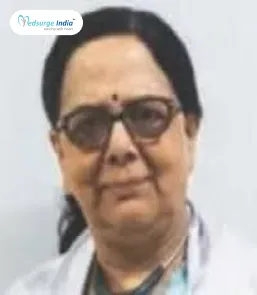
Hematologist
Senior Consultant
25+ years of experience
NH Rabindranath Tagore International Institute of Cardiac Sciences, Kolkata
View Doctor
Hematologist
Senior Consultant
14+ years of experience
NH Rabindranath Tagore International Institute of Cardiac Sciences, Kolkata
View Doctor
Hematologist
23+ years of experience
Narayana Superspeciality Hospital, Shibpur, Howrah
View Doctor
Hematologist
Senior Consultant
18+ years of experience
Narayana Multispeciality Hospital, Andul Road, Howrah
View Doctor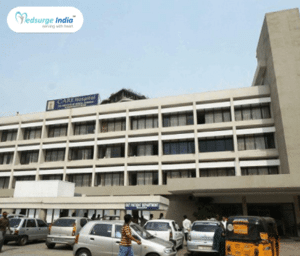

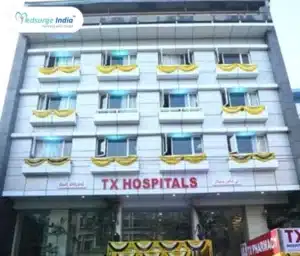
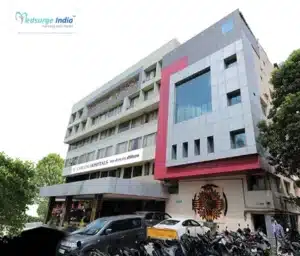



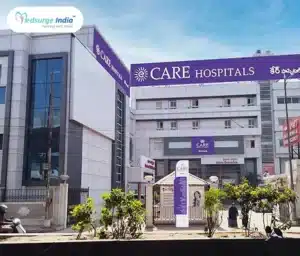
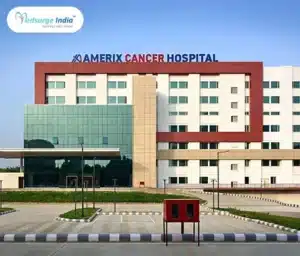
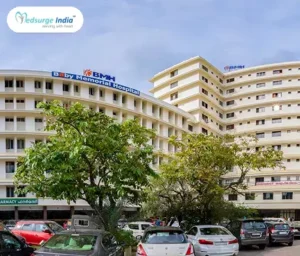
By using our site, you agree to our Terms and Conditions, Privacy Policy and Refund Policy. Medsurge India provides reliable healthcare information and treatment options to support informed decision-making. Our content is designed to support and complement the guidance of your treating doctor, helping you feel informed and confident throughout your healthcare journey. We also Accept International Payments.

Copyright © 2025 NSM ONLINE SOLUTIONS PRIVATE LIMITED. All rights reserved.